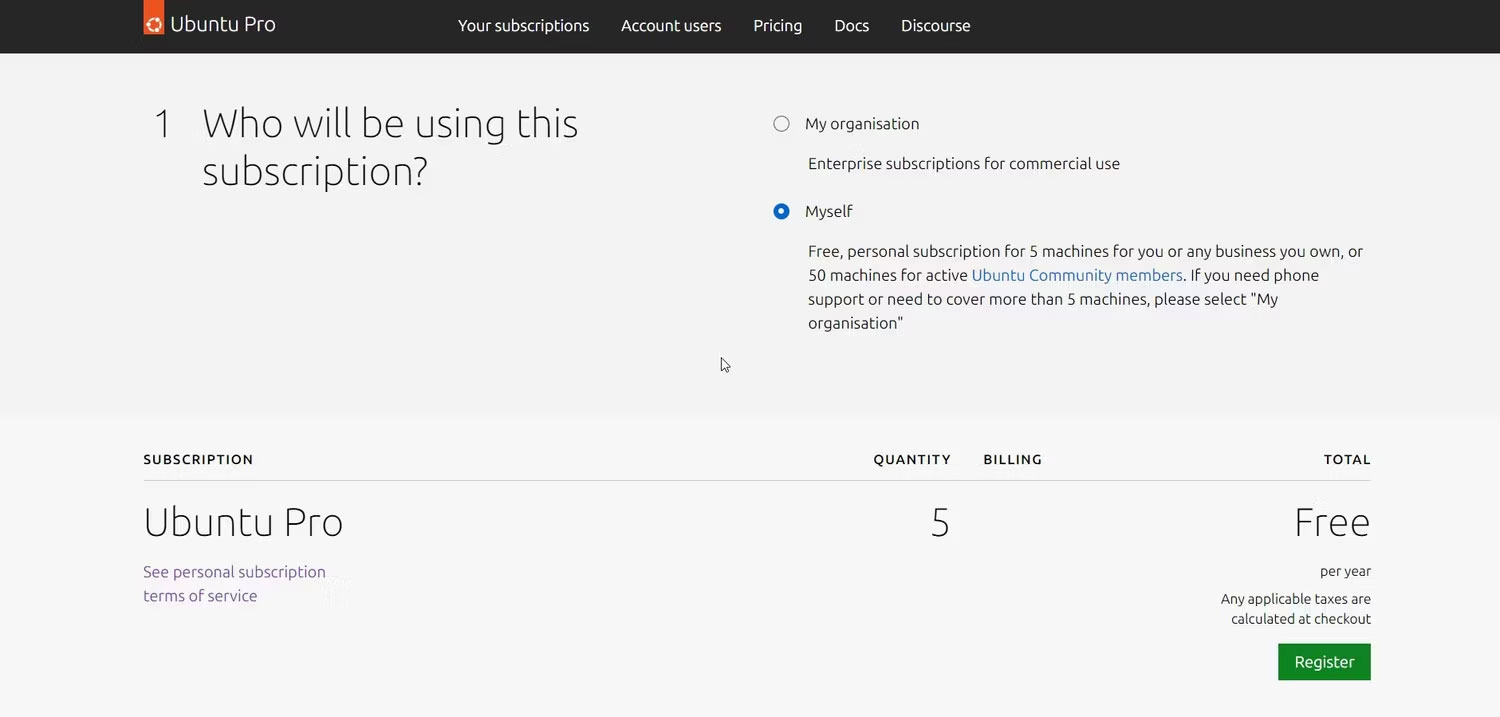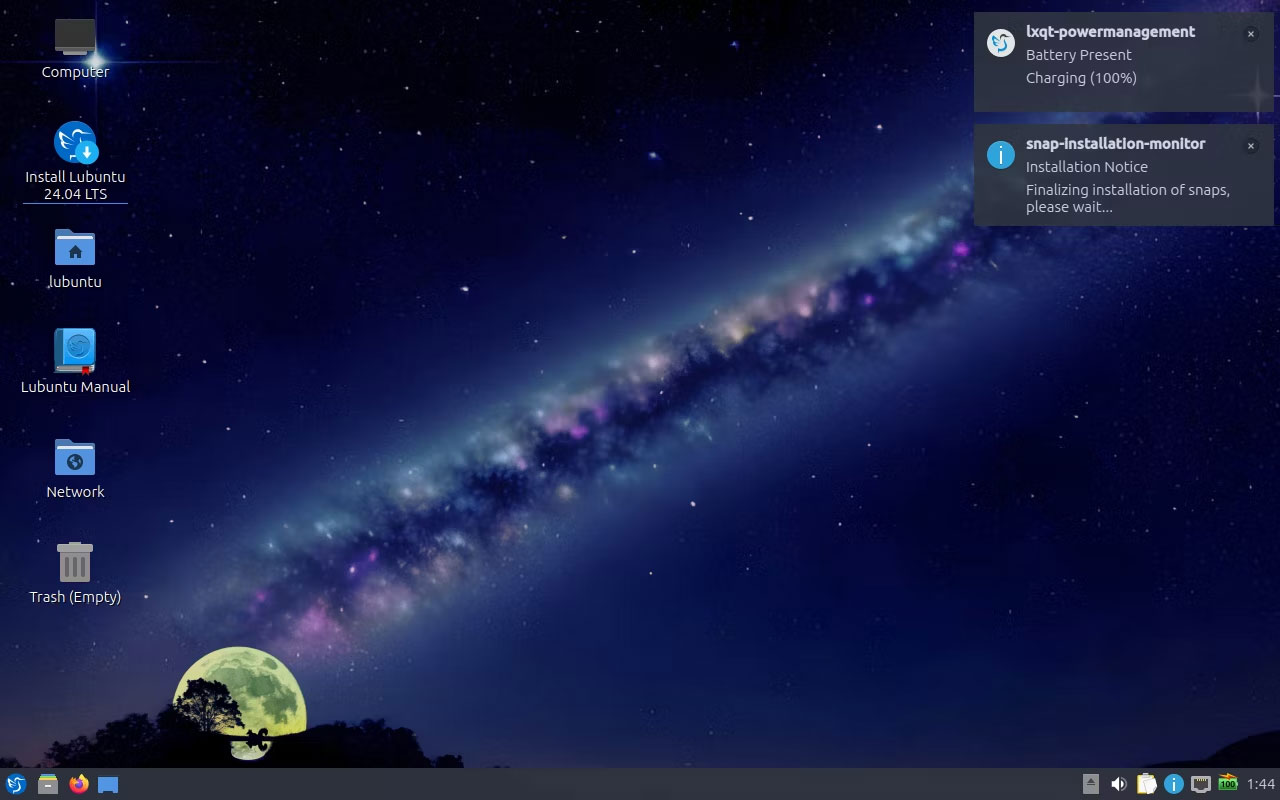Ubuntu 18.04 support is ending: Here's what to do!
The end of support for Ubuntu 18.04 was recently announced. What should you do if you happen to use this distribution? Can I continue to use it or should I upgrade? Here are the options when Ubuntu 18.04 officially ends support in May 2024.
Why is Ubuntu 18.04 support no longer available?

Ubuntu 18.04, codenamed 'Bionic Beaver', was first released in April 2018. As a long-term support (LTS) release of Ubuntu, it enjoys five years of regular support from Canonical. That time has passed and now it's time to end support for 18.04. According to the official Ubuntu website, regular support for Ubuntu 18.04 will end on May 31, 2024.
So what do users need to do after this point?
What to do when Ubuntu 18.04 support is about to end?
Upgrade to a newer version of Ubuntu
One way to continue Canonical's support for Ubuntu is to upgrade to a newer version of the distribution. More conveniently, Canonical has released a new LTS version in 2024, named 'Noble Numbat'.
Upgrading is the simplest solution if the hardware can handle it and the requirements haven't changed much in the past few years. Minimum RAM requirement is 4 gigabytes. Ubuntu is free so for regular desktop users, upgrading is the best option.
If the hardware is old, you can choose a lighter version of Ubuntu like Xubuntu or change to another lightweight distribution based on Ubuntu that is not an official variant.
Sign up for Ubuntu Pro

If you can't upgrade or don't want to upgrade, you can subscribe to the Ubuntu Pro plan. The good news for desktop users is that it's free for personal and small-scale commercial use on up to 5 machines.
Ubuntu Pro offers up to 10 years of support and users will have to upgrade after the expiration date. This expanded support may appeal to you more if you're running a server instead of a desktop, as it makes it easier to upgrade.
Switch to another distribution

Finally, there is the option of switching distributions completely. If you are a desktop user with old hardware, lightweight distributions are a good choice. The Ubuntu Xubuntu variant is based on the Xfce desktop and runs on older hardware. Another option is Lubuntu, which is based on LxQt.
You can also choose other lightweight distributions. There are many options because Linux is popular for reviving older machines that may have stopped receiving operating system updates from Apple or Microsoft.